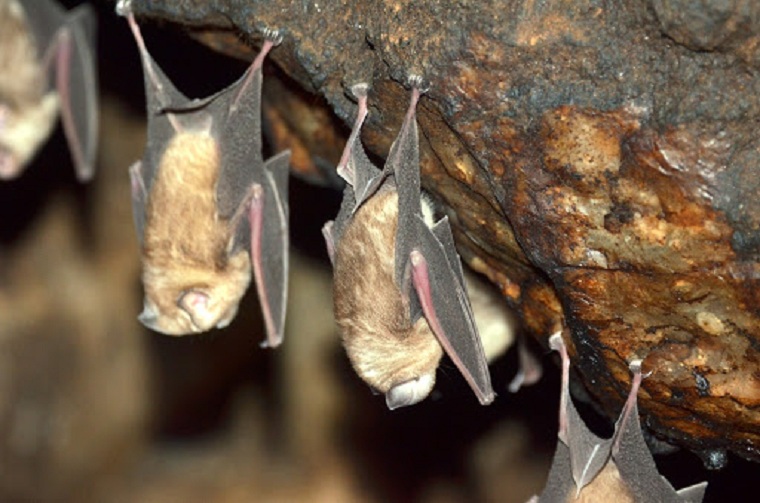While the research teams were not working with the SARS-CoV-2 virus, Liégeois said he hoped they soon would.
“For that we need to find some more money. It’s expensive research.”
The research would extend beyond Zimbabwe into other parts of Africa.
“What we would like to do here in Zimbabwe is work on the genetic diversity of the SARS-CoV-2 which circulates in the population.”
Getting the go-ahead to do such work would require ethical clearances, he said.
The current pandemic is, among other things, linked to the reduction of wildlife habitat.
Dr Elizabeth Gori, a specialist in veterinary biochemistry and molecular biology at the University of Zimbabwe, said it was essential to know what pathogens the bats carried, as they could be transmitted to humans.
“The current pandemic is, among other things, linked to the reduction of wildlife habitat,” she noted.
Coronaviruses are a family of viruses whose types “alpha” and “beta” affect mammals. SARS-CoV-2, causing the Covid-19 pandemic, is a beta coronavirus.
Bat droppings are analysed and the coronaviruses are extracted.
The next step is to sequence the virus’ RNA, its genetic signature.
“If we know the genetic characteristics of these viruses better, we will be able to react better,” said Liégeois.
“We are, in a way, preparing a toolbox to be used in the event of transmission of a new coronavirus to humans.”- TimesLive
(213 VIEWS)


